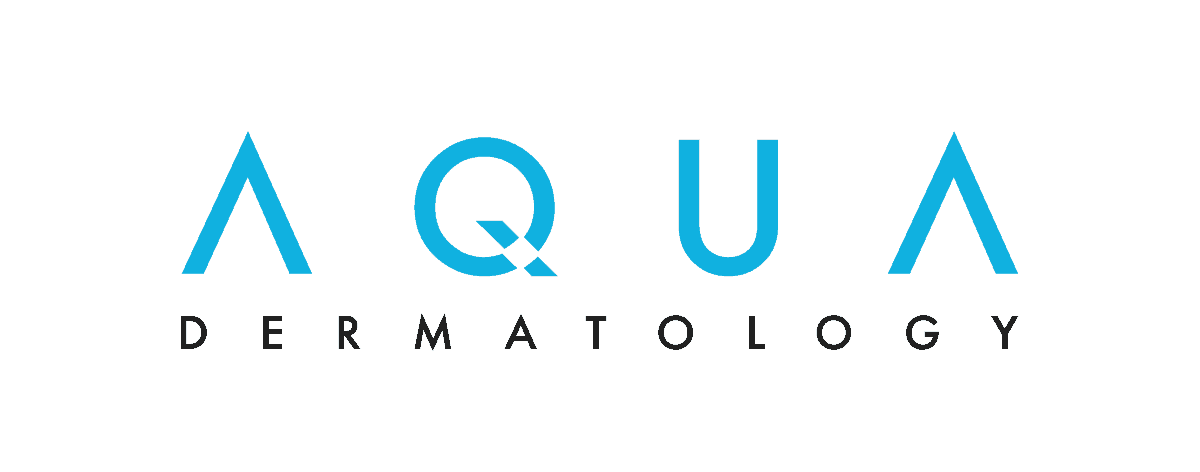
As summer approaches and people across the United States prepare to spend more time outside, there is one thing everyone should be doing: wearing sunscreen regularly, as well as frequently reapplying the product as necessary. This method, along with other forms of sun protection, is the best way to prevent skin cancer, a condition that is estimated to affect as many as one in five Americans over the course of their lives.
Currently, there are more than 3.5 million basal and squamous skin cancers reported in 2 million people in the United States every year, a frightening number. However, this amount does not even consider the number of cases of melanoma, the most serious form of skin cancer, which is characterized by the uncontrolled growth of pigment-producing cells. Fortunately, if you notice the signs of skin cancer, your trip to the dermatologist clinic could now be a better experience than it might have been in the past: dermatology and skin cancer specialists are reporting that several new skin cancer treatment options could make the treatment of skin cancer a more effective process.
One of the most promising of these new skin cancer treatment options is called electronic Brachytherapy, or eBx. This new development takes existing technology and applies it in a more effective manner. Typically, basal and squamous skin cancers are surgically removed, although some may be treated with chemotherapy. Electronic Brachytherapy allows dermatologists to deliver radiation in a simpler, more controlled manner, creating a non-surgical and painless alternative to other skin cancer treatment options currently on the market.
The potential benefits of eBx are numerous: in addition to a less painful and more controlled approach, the procedure would not cause scars and has a low toxicity. However, many dermatologists are hesitant to trust a treatment for skin cancer that has only been recently introduced; in fact, many say they are waiting for additional data before using it in their practices. At the very least, eBx shows how innovative medical professionals and pharmaceuticals have become when it comes to treating this common condition, a fact that could promise even more, better skin cancer treatment options in the future.
The eBx procedure is designed solely for non-melanoma skin cancers in patients who are not traditional candidates for surgery. If you suspect you have skin cancer, seek treatment from a local dermatologist immediately.





